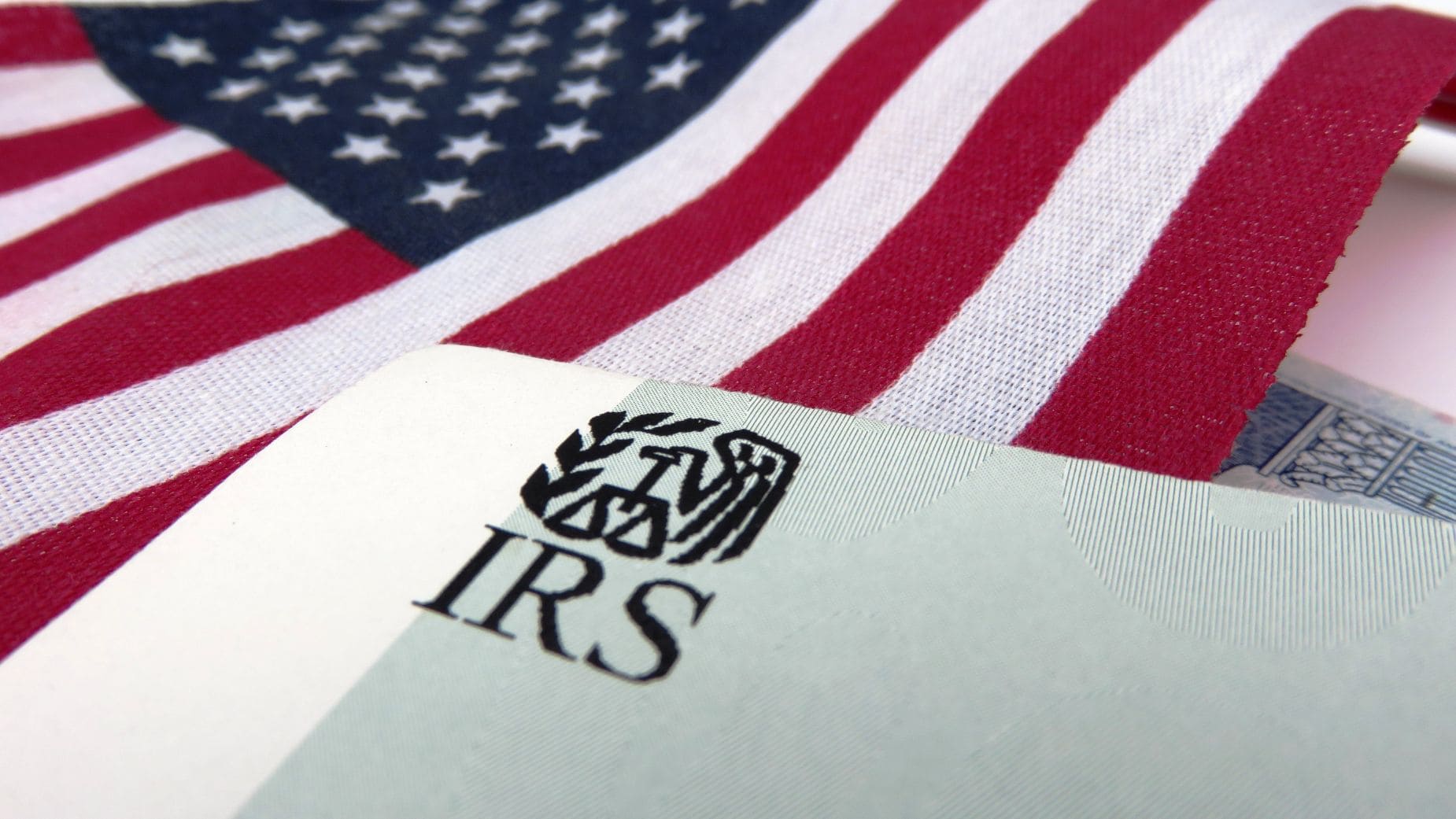Seniors in the United States have with a $2,600 stimulus subsidy previously approved by the federal government for this coming year. This payment provides relief for many senior citizens who need that income to make ends meet.
These citizens will get a stimulus payment of $2,600, which is provided by the government to residents of the United States. Thus, with this income, they can make all the necessary purchases for their day-to-day living.
Delivery of this stimulus check will be made through direct deposit, which will help boost the economy. Individuals who are recipients should verify their eligibility to get the $2,600 payment by visiting irs.gov before payment is made.
EXTERNAL TAX SERVICE HELPS WITH EXTRA INCOME
Since the onset of the Covid-19 pandemic, the Internal Revenue Service (IRS) has provided financial assistance to affected citizens.

In 2023, American families experienced significant relief through IRS stimulus checks, offering support during difficult times. However, in the face of current economic hardship, many people are exploring alternative options.
In 2024, Social Security beneficiaries who get Social Security Disability Insurance (SSDI) and Supplemental Security Income (SSI) can anticipate an increase in income, providing additional support for those in need.
With the implementation of a new cost-of-living adjustment (COLA), millions of seniors in the United States expect a slight increase in their Social Security payments as January approaches.
The Social Security COLA for 2024 is set at 3.2%, intended to mitigate the impact of rising costs for essential items such as food, gasoline and other goods and services.
When will the first entry of 2024 be made?
Social Security and Supplemental Security Income (SSI) recipients will experience a phased-in disbursement of the 3.2% COLA 2024 increase beginning January 2024.
The first enhanced SSI payment was scheduled for Friday, December 29, 2023, in anticipation of the January 1, 2024 holiday.
This staggered schedule seeks to facilitate the distribution of benefits and ensure that beneficiaries get their payments in a timely manner, considering the particularities of the holiday period.
Disbursements for the month of January 2024 have been scheduled on specific dates, as is the case for each month. January 3rd, i.e., today, is for beneficiaries who started getting benefits before May 1997; January 10th, for those whose dates of birth fall between January 1st and January 10th.
On January 17, payment is scheduled for beneficiaries born between January 11 and 20, while January 24 will be reserved for those whose dates of birth fall between January 21 and 31.
This staggered schedule seeks to efficiently manage the delivery of benefits, adapting to payment periods and births, thus ensuring that beneficiaries get their payments in an orderly and timely manner.
The fastest and best way to get your tax refund is to electronically deposit it for free into your financial account. The IRS program is called direct deposit. You can use it to deposit your refund into one, two or even three accounts.




